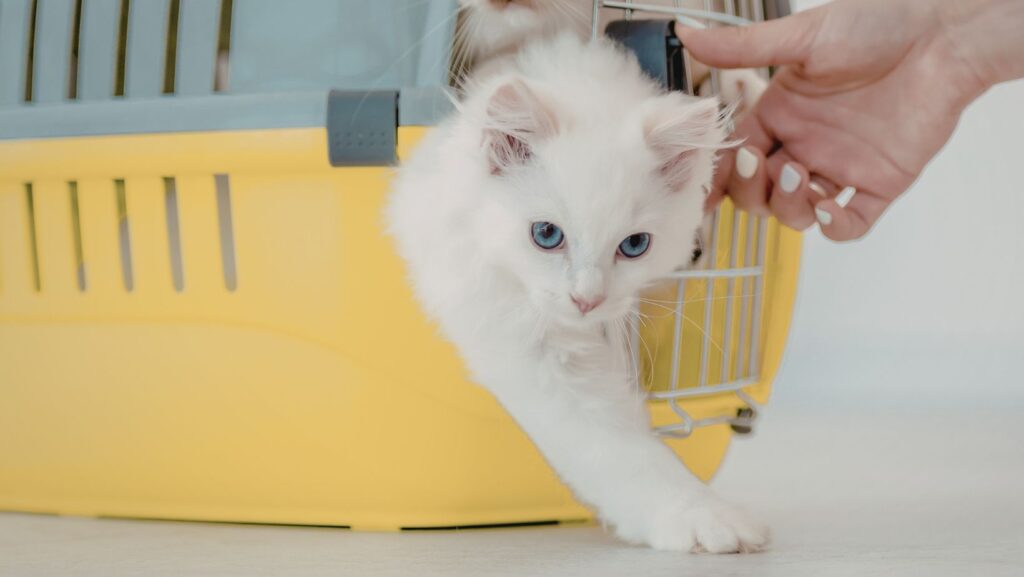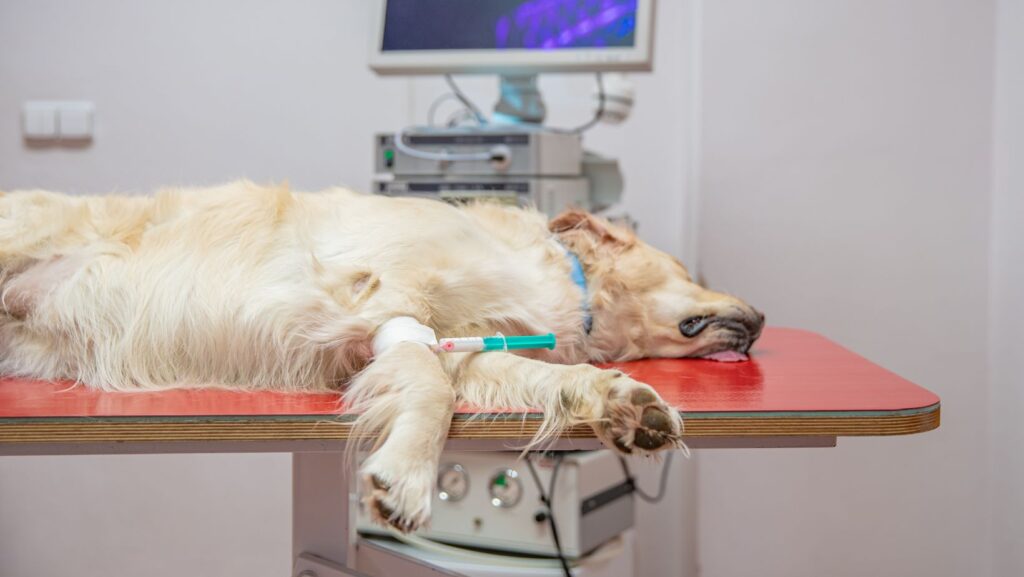If you’ve ever spent a Saturday evening anxiously watching your pet and wondering whether something is wrong, you’re not alone. Many pet owners find that health scares always seem to happen at the most inconvenient times — usually when regular clinics are closed, and the only option is an emergency vet. For families in busy neighbourhoods, having contact details for places like an emergency vet Matraville, saved ahead of time can make those unexpected moments far less overwhelming.
But why do weekend emergencies seem so common? It’s not just bad luck. There are real patterns behind why pets get into more trouble from Friday night through Sunday — and understanding these patterns can help you both prevent issues and react more calmly when something does happen.
Weekends Change Your Pet’s Routine — and That Matters
Pets thrive on routine. They eat around the same time, explore the same spaces, and expect a predictable rhythm to their day. When the weekend arrives, that rhythm often shifts.
Common weekend changes include:
- Later wake-up times
- More visitors or social activities
- Extra outings
- Less structure or supervision
- New foods or treats
- More excitement and stimulation
While these don’t seem like big changes, pets interpret them differently. A disrupted routine can lead to anxiety, overeating, overstimulation, or simply being in situations they’re not used to — all of which increase the risk of accidents or sudden health issues.
More Time Outside Means More Opportunities for Trouble
Weekends are when pets spend more time outdoors — whether it’s a long walk, a hike, a trip to the park, or simply more time in the backyard. More outdoor activity means greater exposure to risks you don’t regularly encounter during the week.
Possible weekend hazards include:
- Eating toxic plants or mushrooms
- Encountering bees, spiders, or wildlife
- Injuries from running, rough play, or jumping
- Ingesting something they shouldn’t during a picnic or barbecue
- Broken nails or minor wounds from playing on rough surfaces
Even well-trained pets find new scents, animals, and environments hard to resist.
Guests, Gatherings, and Distractions Can Create Risk
On weekends, people are more relaxed — which often leads to being a bit more distracted. Doors get left open, food gets left on tables, bags are left unzipped, and visitors may not know the house rules for pets.
These small oversights can lead to:
- Escapes or runaways
- Pets eating unsafe foods or items
- Stress from unfamiliar people
- Accidental injuries during busy gatherings
Even if your pet is usually calm, added noise and activity can raise their stress levels.
Weekend Food Choices Can Trigger Issues
Many emergencies come from diet-related problems. Maybe someone slipped your dog a piece of food they shouldn’t, or your cat discovered an unattended snack. Human food that’s perfectly safe for us can be dangerous for pets.
Common weekend culprits include:
- Fatty meats
- Bones
- Chocolate
- Grapes and raisins
- Alcohol
- Garlic or onion-rich foods
Digestive issues are one of the top reasons pets end up in emergency care on weekends.
Minor Issues Turn Into Major Ones When People Wait Too Long
Sometimes a problem starts during the week but doesn’t seem serious at first. Because weekends feel busy or relaxed, pet owners often “give it a day” to see whether the issue improves.
Unfortunately, minor symptoms can escalate faster than expected.
Examples include:
- Mild limping leading to a more serious injury
- Slight vomiting turning into dehydration
- Small wounds becoming infected
- Lethargy progressing to something urgent
By the time Sunday rolls around, the issue may require immediate attention rather than a simple weekday check-up.
Stress and Separation Are More Common Than You Think
Pets can also experience emotional stress on weekends. Family members may come and go, routines change, and the house can feel unpredictable. For anxious pets, this can trigger physical symptoms like vomiting, pacing, panting, or refusing food.
The combination of stress and overstimulation is one of the lesser-known causes of weekend vet visits.
How to Reduce the Chances of a Weekend Emergency
While you can’t prevent everything, small steps can dramatically reduce the risk.
Try:
- Keeping mealtimes and walks close to their usual schedule
- Supervising pets during outdoor time, especially in new places
- Avoiding sharing table food — even during gatherings
- Packing safe treats or toys when going out
- Removing access to bags, backpacks, and picnic baskets
- Using baby gates or closed doors during busy events
- Planning activities around your pet’s comfort level

These small habits keep your pet safer without disrupting your weekend fun.
Prepare Ahead — Because Emergencies Don’t Wait
The reality is that emergencies often happen when regular clinics aren’t available. That’s why being prepared matters so much.
Before the weekend rolls around, consider:
- Saving the nearest emergency clinic’s number in your phone
- Knowing the fastest route to the clinic
- Keeping a basic pet first-aid kit at home
- Observing your pet’s behaviour throughout the week
- Trusting your instincts if something feels “off”
A little preparation can turn a stressful moment into something far more manageable.
Weekends Don’t Have to Be Risky for Pets
Pets are part of the family, and weekends are when families are most active — which naturally leads to more surprises. Understanding why weekend emergencies happen doesn’t just help you stay calm, it helps you prevent many of them entirely.

